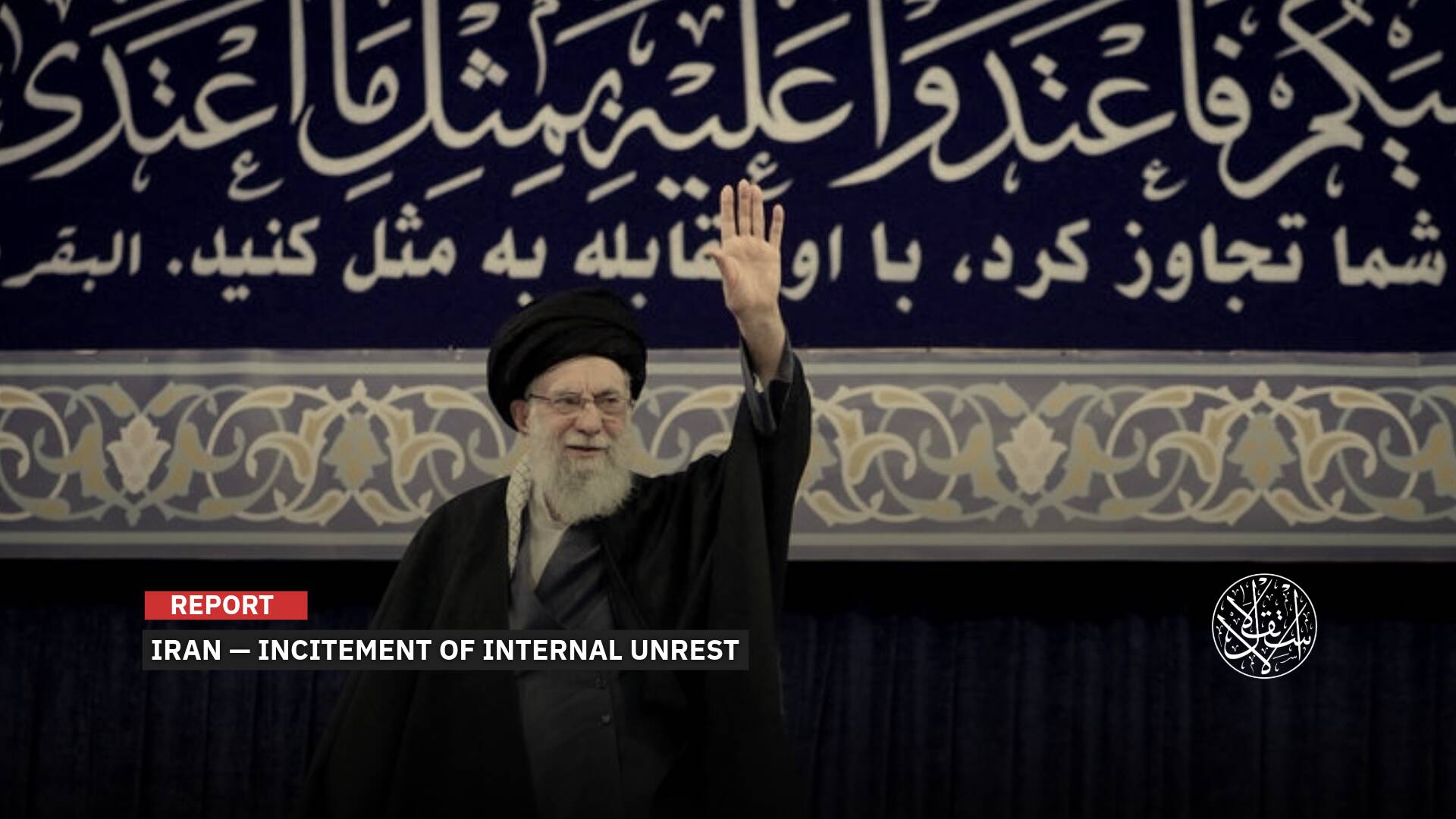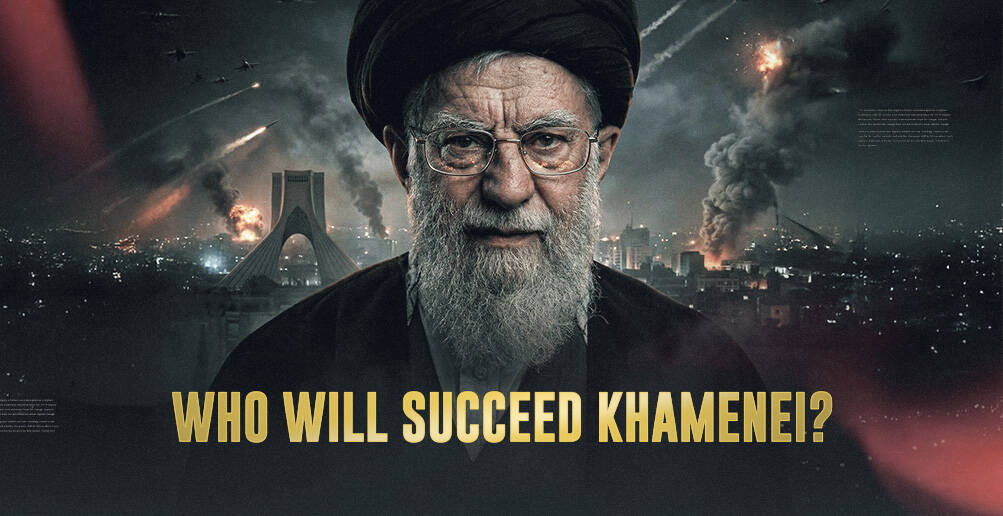As the Tourism Season Begins: Why Is Racism Intensifying in Turkiye?

Erdogan: The opposition's toxic rhetoric is one of the reasons behind the violence.
Two Saudi businessmen were sitting in a cafe in the upscale Maslak neighborhood of Istanbul when a Turkish citizen armed with a long knife attacked them. He hurled insults and threats, brandishing his weapon and demanding that they not speak Arabic.
What businessmen Khalid al-Fawzan and Ibrahim al-Hadithi, both major investors in Turkiye, experienced is just a snapshot of the rapidly increasing racism in a country that attracts millions of tourists every year.
Although Turkish police arrested the citizen on July 2, 2024, the incident sparked significant reactions on social media and campaigns from platforms hostile to Turkiye, urging Arab tourists to avoid visiting.
The incident coincided with the tragic events in Kayseri, where the businesses and homes of some Syrian residents were attacked.
These recent events have raised questions about the timing and nature of these attacks, the rise of racism, who is behind it, and, most importantly, how it threatens the Turkish renaissance led by President Recep Tayyip Erdogan over the past two decades.
Events in Kayseri
On the night of July 1, 2024, violent clashes erupted as groups targeted shops and properties owned by Syrians in the central Turkish city of Kayseri.
The primary trigger for the violence was reported to be the arrest of a Syrian man on suspicion of harassing a Syrian girl.
Videos circulating on social media showed individuals smashing windows of Syrian-owned grocery stores and setting them on fire.
In one recording, a Turkish man can be heard shouting, "We don't want more Syrians. We don't want more foreigners."
Turkish authorities later declared that the violence and targeting of Syrians and other foreigners were not random acts but orchestrated as part of a conspiracy.
On July 2, Turkish intelligence announced the tracking of "inciters within the country who provoke against Syrians."
In a statement, they reported the arrest of several individuals in cities such as Antakya, Gaziantep, Kayseri, Konya, Bursa, and Istanbul, in cooperation with the Ministry of Interior and security forces.
The statement highlighted that the aim of these "incitement activities" was to undermine Turkiye's foreign policies.
Minister of Interior of Turkiye Ali Yerlikaya announced on X that "474 people were detained following the provocative actions targeting Syrians in Turkiye." He added that “285 of those detained had prior criminal records.”
Most alarmingly, on July 3, the Ministry of Interior announced the detention of a suspect who transported rioters against Syrians in Kayseri with his truck.
On the same day the events unfolded, Erdogan stated that the "toxic rhetoric of the opposition" is one of the reasons behind the violent incidents targeting Syrian refugees in Kayseri.
Speaking at the consultative meeting with the local administrations of the Justice and Development Party (AKP) in Ankara, he said, "It is a sign of weakness to resort to hatred for political gain."
"No goal can be achieved by fueling xenophobia and refugee hatred in society."
“We cannot accept acts of vandalism and arson in the streets. We were not like this before, and we will not be like this. Discrimination and marginalization have never and will never find a place in the policies of the Justice and Development Party,” he added.
A Frightening History
This alarming situation has prompted decisive action to prevent further escalation. Turkish and Syrian civil organizations have called on both communities to rise above the rumors in the wake of the Kayseri events and the ensuing developments.
This call came after a meeting held by these organizations in Istanbul, resulting in the formation of the Civil Society Organizations' Platform, according to a statement issued by the latter.
The statement was delivered in Turkish by Tarık Sulo Cevizci, President of the Syrian Turkmen Associations Federation, and in Arabic by Ahmad Hamada, spokesperson for the Syrian associations.
The main message was that the only beneficiaries of these destructive actions are entities that do not wish well for the Turkish and Syrian peoples.
The Turkish opposition frequently fans the flames of racism against foreigners. The opposition coalition, which includes the Republican People's Party (CHP), the Good Party (İYİ), and the Peoples' Democratic Party (HDP), seeks to end President Erdogan's era.
They use precarious tactics, such as stirring up the issue of Syrian refugees, whose numbers exceed 3 million, according to the latest statements by Minister of Interior Ali Yerlikaya.
This scenario has occurred previously in modern Turkish history against certain minorities. Years ago, riots erupted in Istanbul against the Greeks, based on a false rumor.
An old lie circulated in Turkish circles that the house of the nation's leader (founder of the Republic of Turkiye, Mustafa Kemal Ataturk) in the Greek city of Thessaloniki had been destroyed.
Subsequently, mobs targeted Greek-populated homes, neighborhoods, and workplaces, causing massive destruction and a horrific massacre.
The incident, known in history as the "Istanbul Pogrom," took place on September 6-7, 1955, resulting in dozens of deaths and injuries, as well as significant material losses.
It was later revealed that the tragedy was orchestrated by a group within the Turkish military, housed in the headquarters of the Turkish Operation Gladio, aiming to destabilize Prime Minister Adnan Menderes's government and create uncontrollable disturbances.
Sparks of Disaster
Many Turks have discussed the dangers of targeting foreigners, including the Turkmen writer Haitham Hussein in his 2023 book, "The Racist in His Exile."
“The sparks of disaster begin when the people demonize others, blame them for the burdens of history and the present, as if they are black marks on their path that they must be eliminated,” he wrote.
This sentiment applies to the current situation faced by Arabs, whether they are refugees, tourists, or residents in Turkiye.
The phenomenon of targeting Arabs has become noticeable, especially in tourist attractions like Istanbul, the most populous and primary tourist destination in the country.
Several official entities representing Arabs in Turkiye have intervened with the state in an attempt to curb this pervasive issue.

On August 9, 2023, the Syrian Islamic Council met with President Erdogan at the presidential complex in Ankara. They discussed issues of racism and abuses committed against Arabs and Syrian refugees in recent times.
According to a post on the council's official Facebook page, the Grand Mufti of Syria and head of the council, Sheikh Osama Al-Rifai, along with a delegation of scholars, urged Erdogan to use his powers to maintain Turkiye's moral standing among Arabs and Muslims.
Indeed, Erdogan addressed the matter during the graduation ceremony for officers at the Turkish Gendarmerie and Coast Guard Academy in Ankara on August 22, 2023. He stated, "We will not allow a few ignorant individuals to tarnish the clean record of Turkiye, which has been a refuge for the oppressed and persecuted for centuries."
Destroying Bridges
Targeting Arabs living in or visiting Turkiye casts a negative shadow on Ankara, both economically and socially.
Over the past decade, Turkiye has been a social and political haven for millions of Arabs who flocked there following the Arab Spring revolutions and subsequent turmoil in their home countries.
The Anatolian land has opened its doors to tens of thousands of students pursuing higher education at its many universities, in addition to voluntary migrations of investors and others seeking to buy property and establish businesses, driven by the desire for stability.
A report by the local Turk Press website on February 2, 2020, detailed the extent of Arab investments in Turkiye, estimating their value at $52 billion between 2003 and 2020, with an average of $3 billion per fiscal year.
Regarding direct investments and company acquisitions, the Turkish Central Bank estimated the share of Gulf countries (excluding Bahrain) at around 9 percent of the total direct investments in Turkiye, which amounted to $133 billion starting in 2018.
The data indicates that the contribution of Arab investments rose from 8% of total foreign investments in 2016 to 16% by the end of 2019.

In the realm of tourism, Turkiye's Ministry of Culture and Tourism revealed on July 18, 2023, that over 15 million people visited the country during the first five months of the year.
The data indicated that the largest group of Arab visitors were Saudis, exceeding half a million tourists.
On June 27, 2023, Turkish Minister of Culture and Tourism Mehmet Nuri Ersoy stated that the tourism sector is akin to Turkiye's "oil."
He mentioned that their target for the current year is to achieve $56 billion in tourism revenues.
However, this goal is at risk due to the harassment faced by Arab tourists.
On August 23, 2023, the local newspaper "Turkiye” warned of the dire consequences. It reported that the rising hostility against Arabs and racial incitement have caused losses amounting to around $2 billion to the Turkish economy.
The newspaper noted that the exodus of many Arab businessmen moving their operations abroad significantly contributed to this loss.
It highlighted that the impact of anti-Arab sentiment in Turkiye has become evident and substantial, negatively affecting local economic sectors tied to Arab businesses due to racial and hostile tensions.
Sources
- Kayseri events: Hundreds arrested in Turkiye and the death toll rises during protests in northern Syria
- Syrian and Turkish civil organizations call for overcoming rumors after the Kayseri events [Arabic]
- The Turkish judiciary decides to imprison a person who threatened two Saudi businessmen in Istanbul with a knife [Arabic]
- The Islamic Council calls on Erdogan to use his powers to confront racism against Syrians [Arabic]










